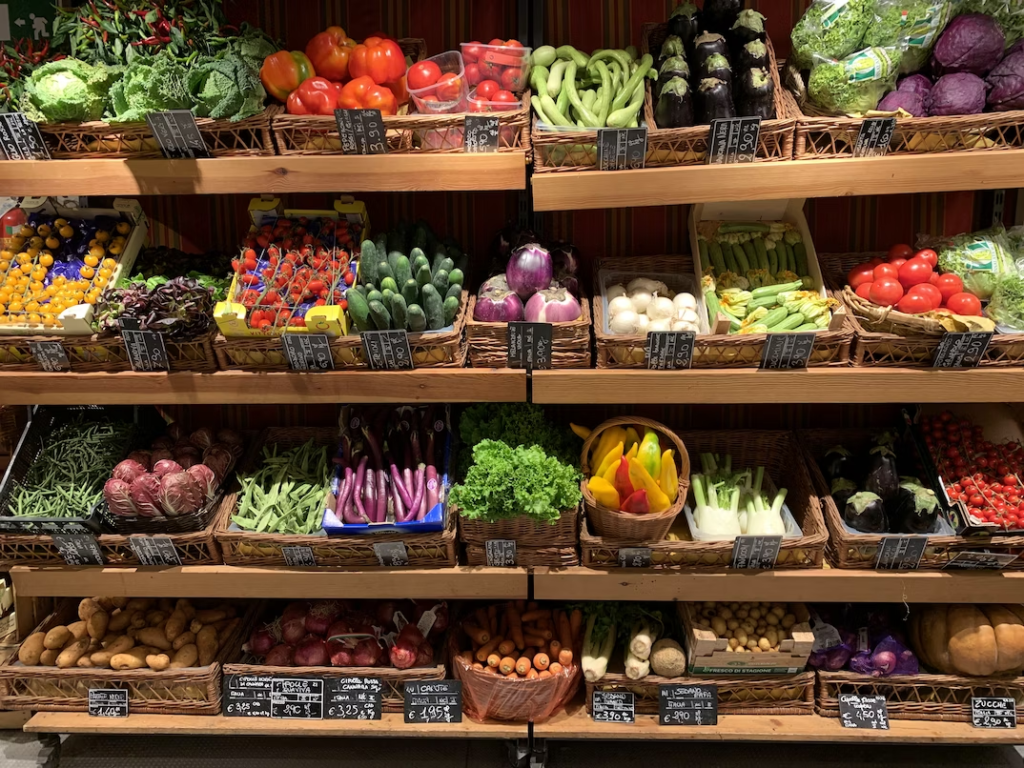
Opening a grocery store can be a rewarding and profitable venture, but it requires careful planning and preparation. To ensure a successful launch and sustainable growth, there are several key things you need to have in place.
In this article, we will explore eight essential elements that are crucial for the success of your grocery store. From strategic location selection to effective inventory management and customer-centric marketing, these factors will contribute to the overall success of your business.
1. Thorough Market Research
Before opening a grocery store, it is vital to conduct comprehensive market research. This includes studying the local demographics, analyzing the competition, and identifying potential customer preferences.
Understanding the needs and demands of your target market will help you tailor your product selection and pricing strategy to attract and retain customers. By gathering data on consumer behavior and market trends, you can make informed decisions that give your grocery store a competitive edge.
2. Strategic Location
Selecting the right location is critical for the success of any retail business, including a grocery store. Consider factors such as accessibility, visibility, parking facilities, and proximity to residential areas or commercial centers.
A well-chosen location with high foot traffic can significantly increase your store’s visibility and attract a steady flow of customers. Additionally, it is essential to evaluate the availability of suppliers and transportation networks in the area to ensure a smooth supply chain.
Using technology will also be a lot of help in this regard. Make sure to learn more about platform-centric solutions for supply chains and how to fully optimize your resources. Further, becoming familiar with the latest supply chain management tools is crucial for an efficient operation.
3. Well-Designed Store Layout
Creating an inviting and functional store layout is crucial for customer satisfaction and operational efficiency. A well-designed grocery store layout should prioritize easy navigation, clearly labeled sections, and well-organized shelves.
Allocate ample space for popular product categories and prioritize fresh produce, dairy, and perishable items. Additionally, invest in attractive displays and signage to enhance the overall shopping experience and encourage impulse purchases.
4. Comprehensive Inventory Management
Efficient inventory management is essential for maintaining a well-stocked grocery store while minimizing waste and spoilage. Implementing a robust inventory management system allows you to track sales, monitor stock levels, and identify popular items.
It also helps you streamline the ordering process, optimize inventory turnover, and avoid overstocking or stockouts. Regularly review and update your inventory management practices to ensure accuracy and minimize loss due to expired or unsold products. Also, you should think about getting a weight scale to measure some of your products. And, on the 1800 scales website, and other similar ones, you can see which types of scales you can get for your business. That way, you’ll be sure you have the most suitable one for the products you wish to sell in your store.
5. Diverse Product Range
To cater to the varied needs of your customer base, it is crucial to offer a diverse product range. Stock a wide selection of fresh produce, pantry staples, dairy products, frozen foods, beverages, and household essentials. Consider incorporating organic, gluten-free, and specialty products to cater to specific dietary requirements and emerging trends. Regularly assess customer feedback and market trends to expand and refine your product offerings.
6. Effective Marketing Strategies
Successful grocery stores rely on effective marketing strategies to attract and retain customers. Utilize a mix of traditional and digital marketing techniques to promote your store. Engage with your local community through targeted advertising, loyalty programs, and social media campaigns.
Highlight your unique selling points, such as competitive pricing, quality products, and exceptional customer service. Utilize data analytics to measure the effectiveness of your marketing efforts and make data-driven improvements.
7. Exceptional Customer Service
Outstanding customer service is a key differentiator for any grocery store. Train your staff to be knowledgeable, friendly, and attentive to customers’ needs. Encourage a customer-centric culture by going the extra mile to ensure customer satisfaction.
Provide assistance with product selection, offer cooking or recipe tips, and promptly address any customer concerns or complaints. Building strong relationships with your customers will foster loyalty and positive word-of-mouth, contributing to the long-term success of your grocery store.
8. Robust Security Measures
When opening a grocery store, it’s important to prioritize the safety and security of your premises. Implementing robust security measures helps protect your staff, customers, and inventory from potential threats. Install security cameras in strategic locations throughout the store to deter theft and vandalism.
Consider investing in an alarm system that alerts authorities in case of a break-in or emergency. Implement proper cash handling procedures and train your staff on security protocols. By prioritizing security, you create a safe and trustworthy environment for both employees and shoppers, fostering a positive reputation for your grocery store.

Opening a grocery store requires careful planning and attention to various aspects of the business. Thorough market research, strategic location selection, a well-designed store layout, comprehensive inventory management, diverse product range, effective marketing strategies, and exceptional customer service are all critical components for success.
By investing in these key areas, you can position your grocery store for growth and profitability while meeting the needs of your customers. Remember, ongoing adaptation and continuous improvement are essential to staying competitive in the dynamic grocery industry.









